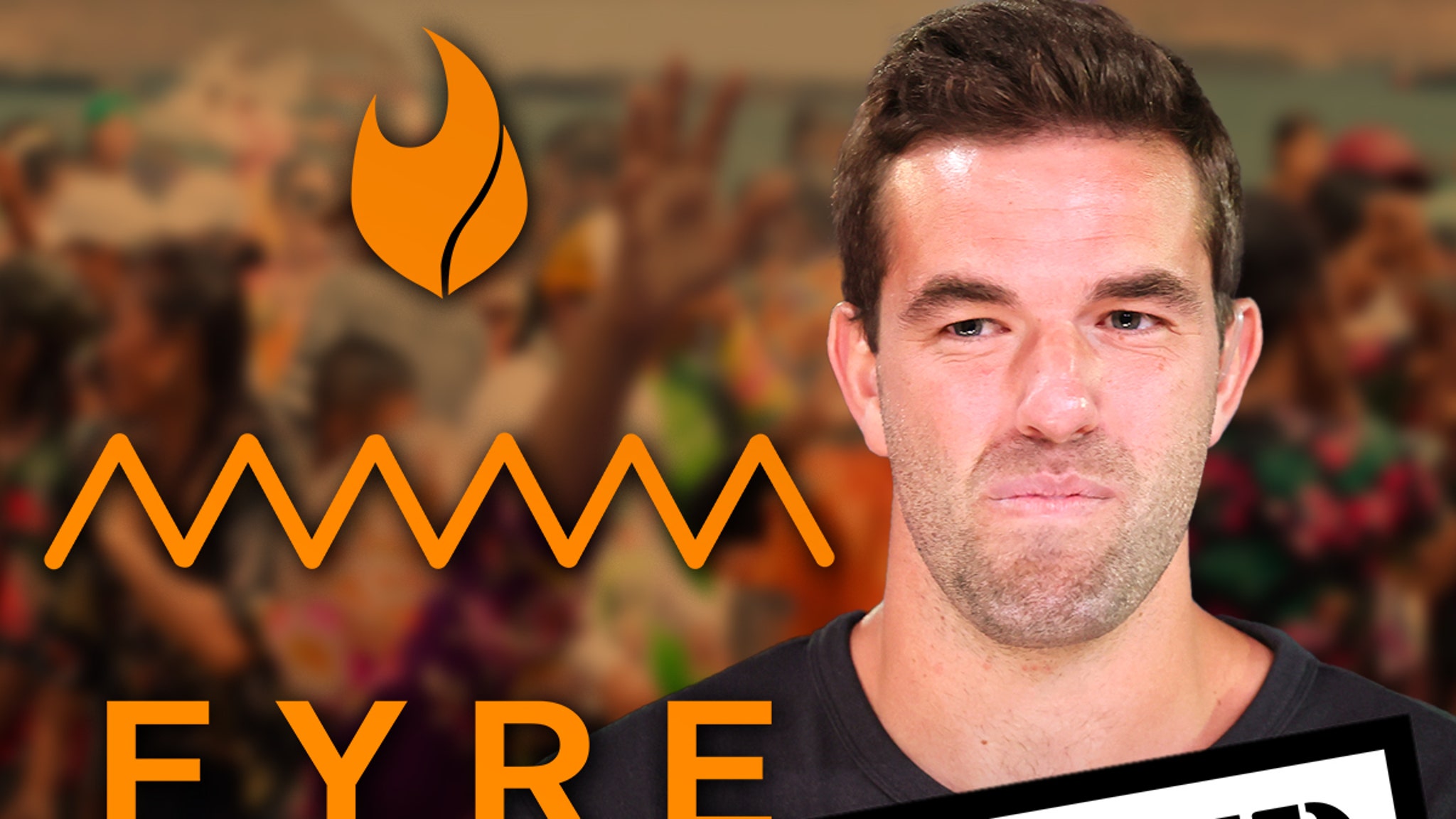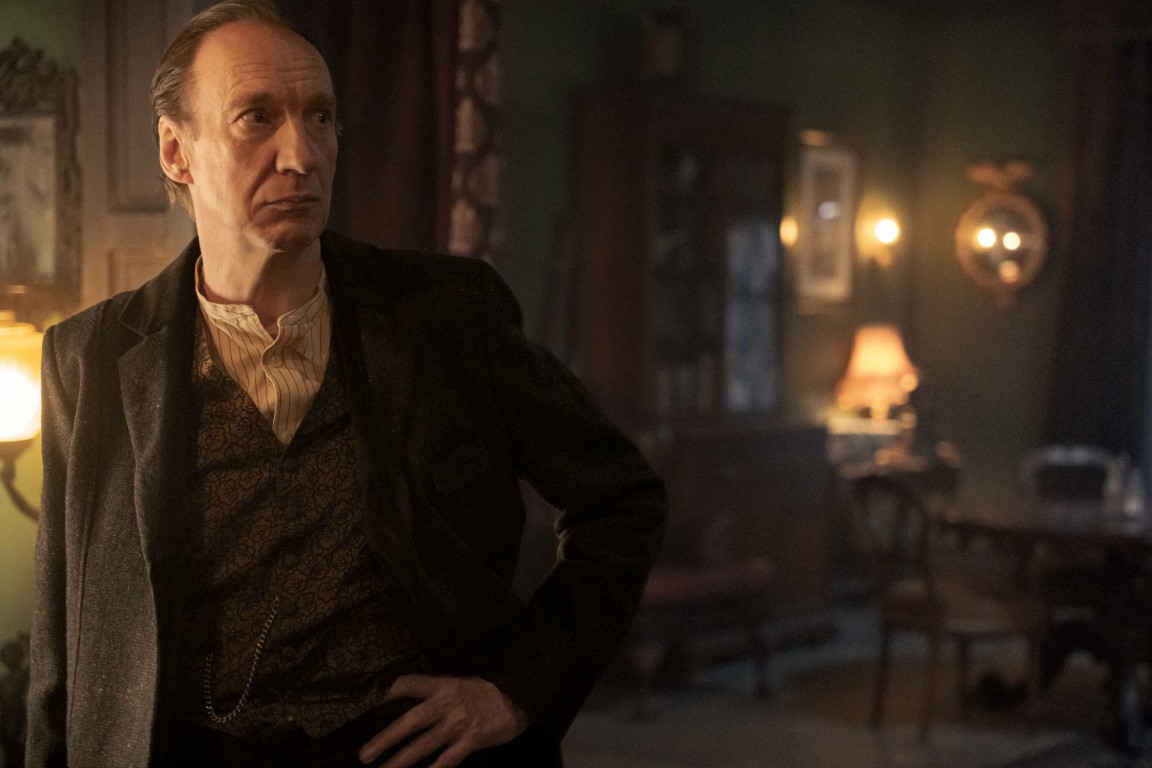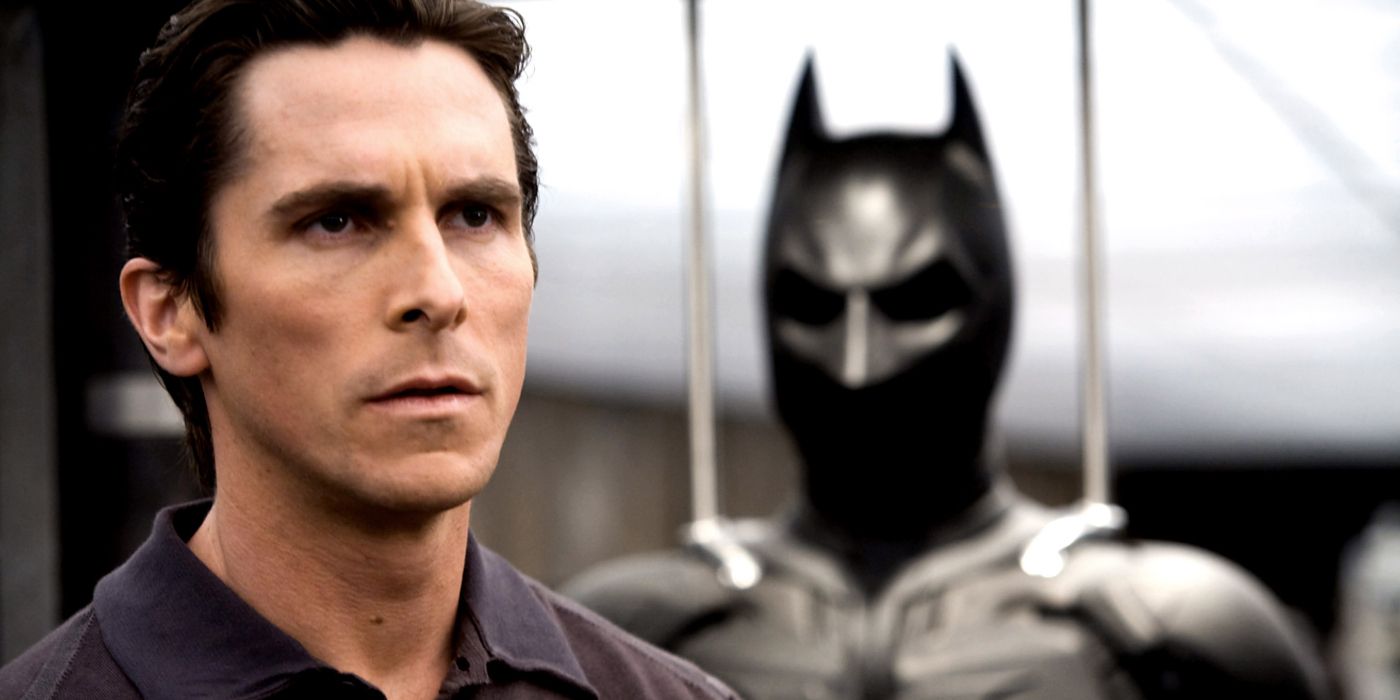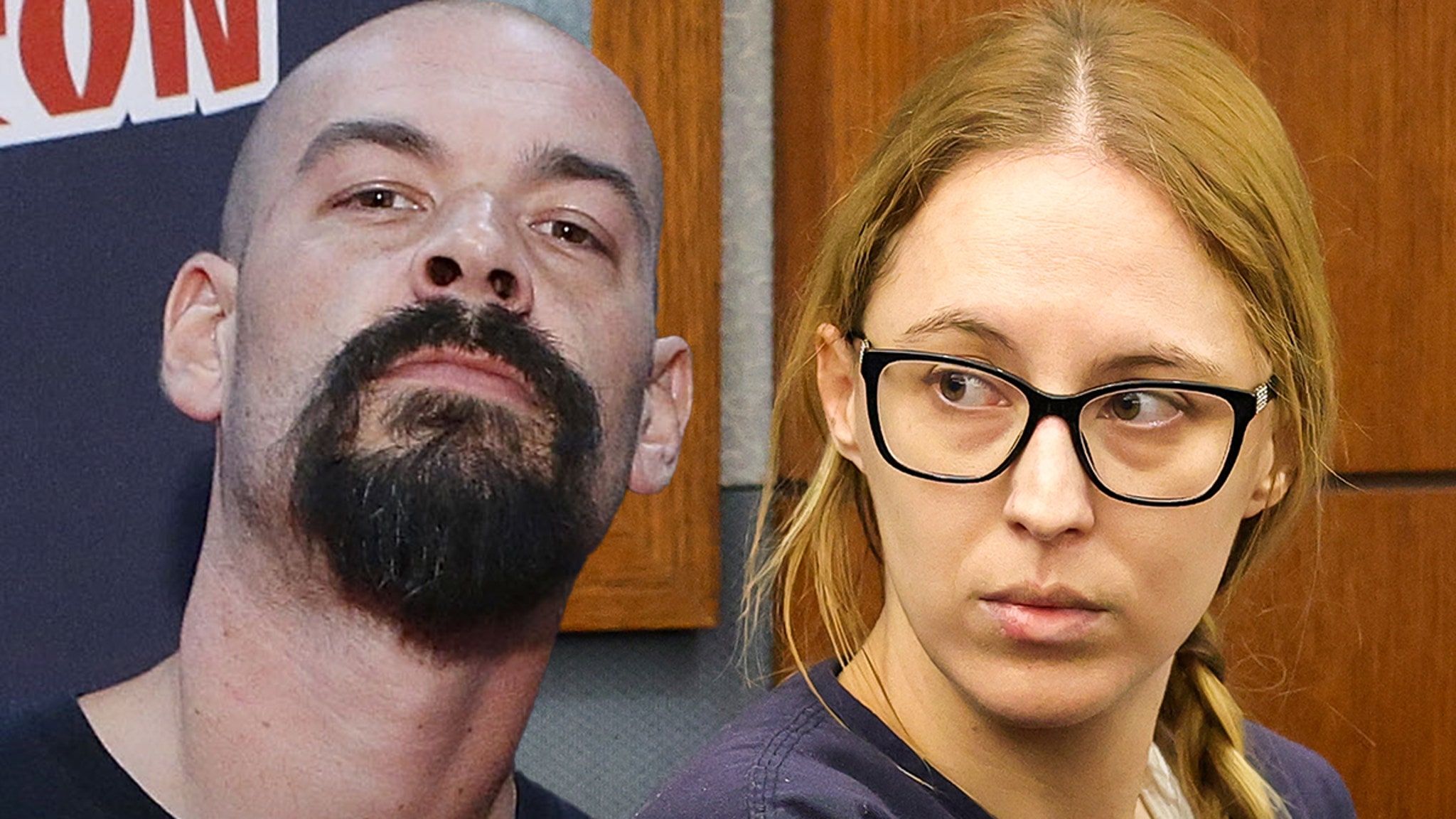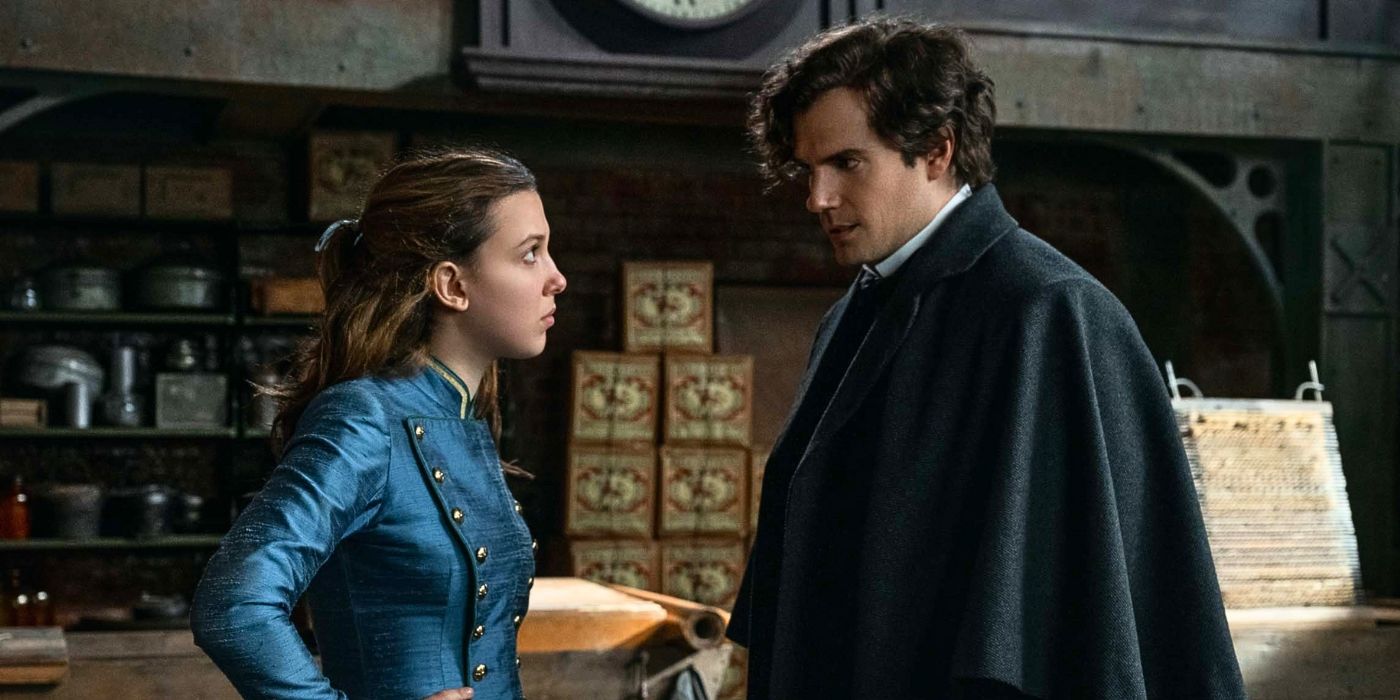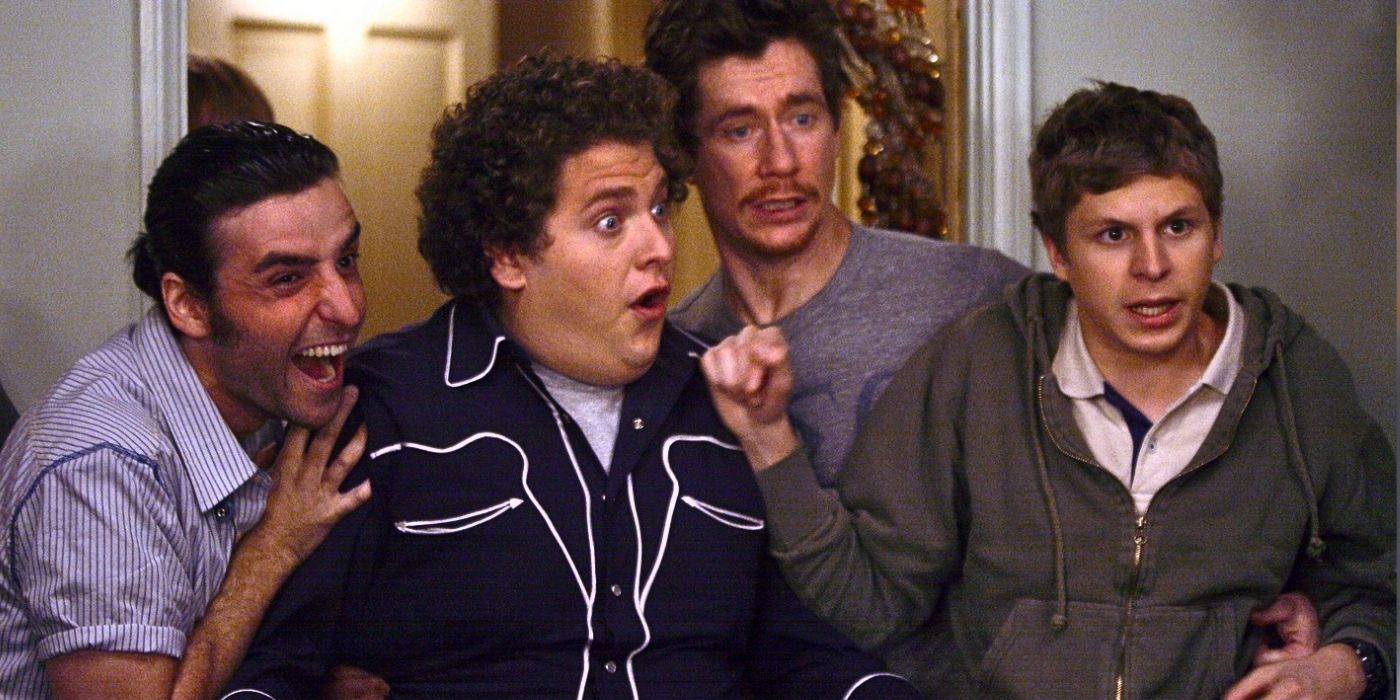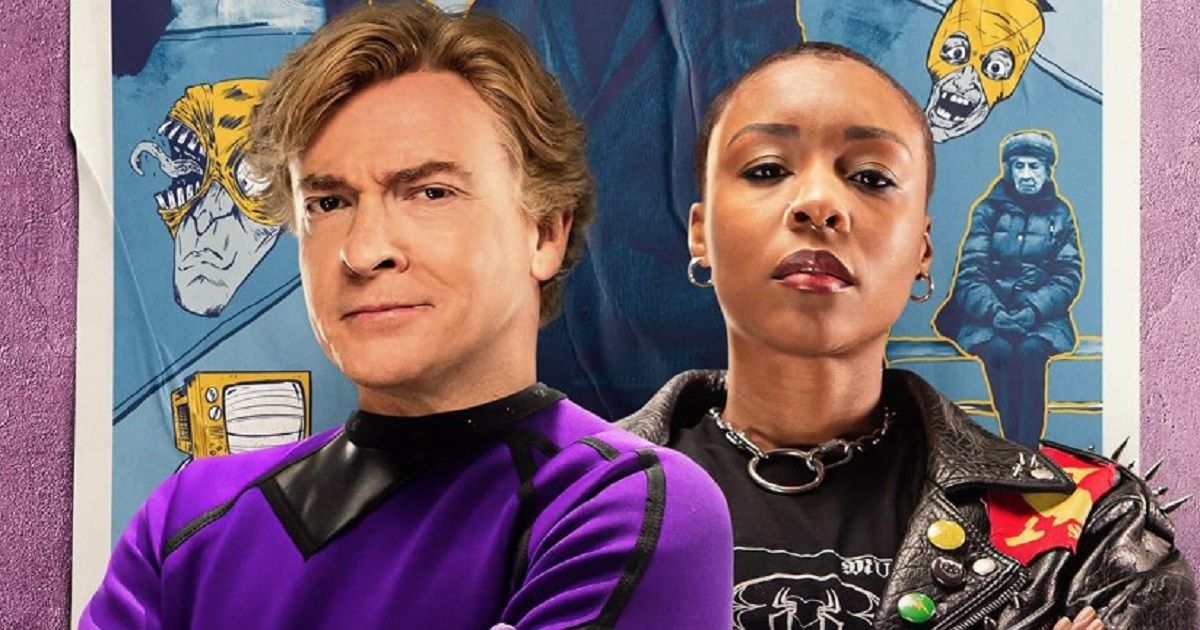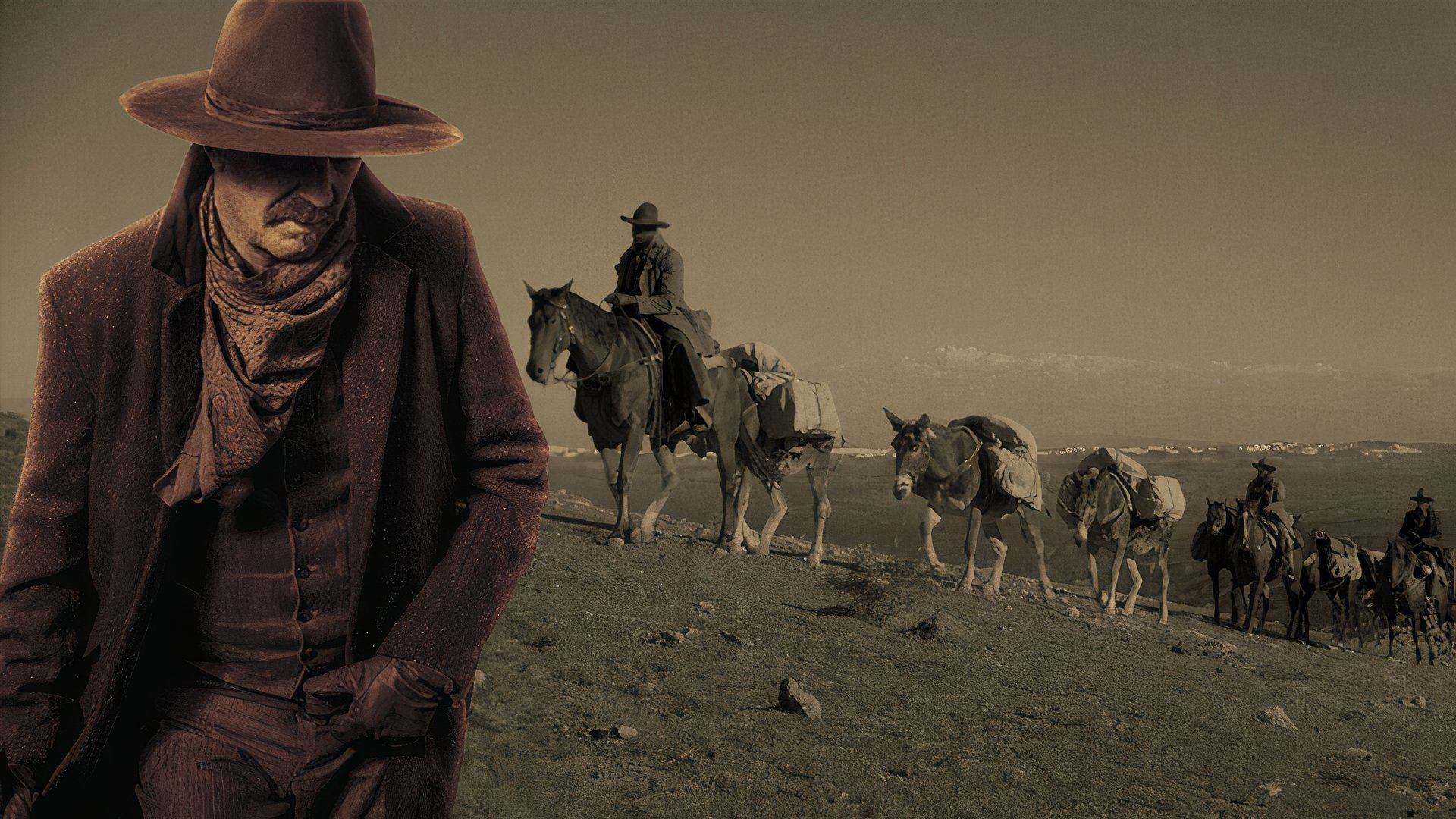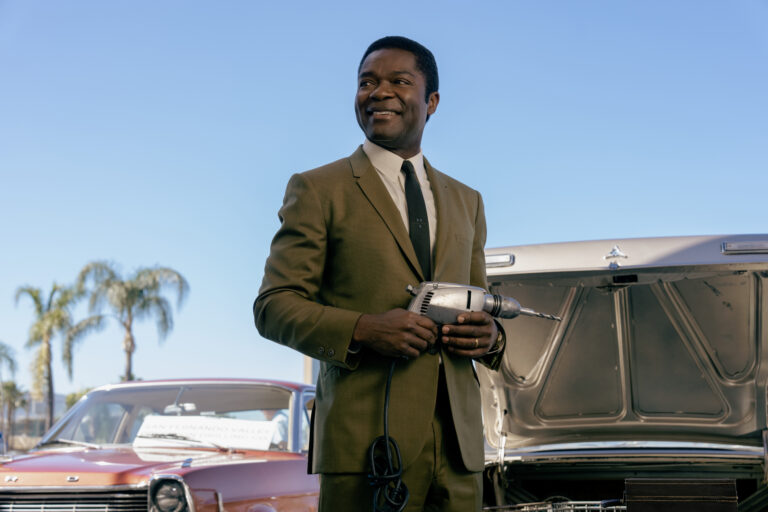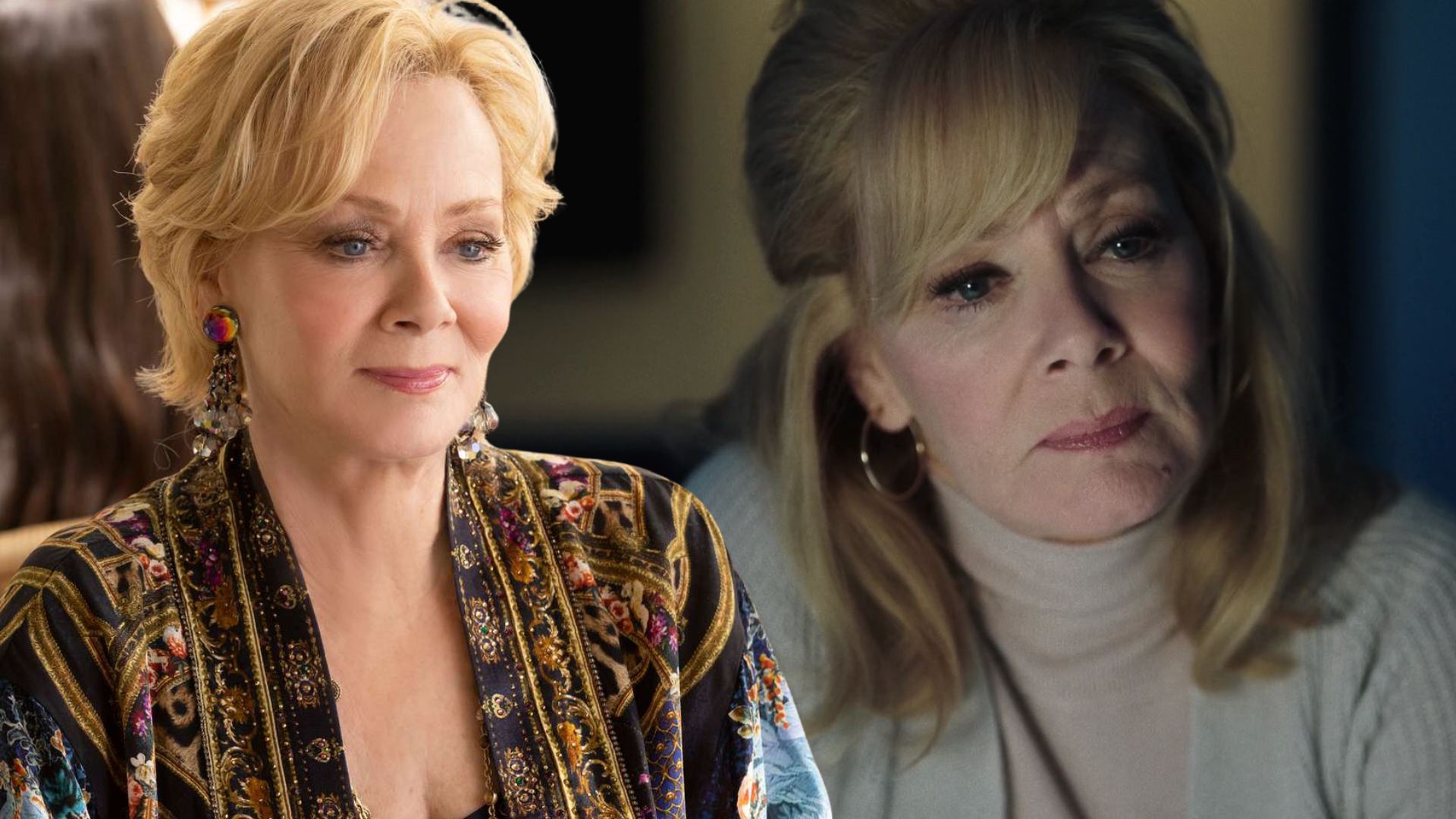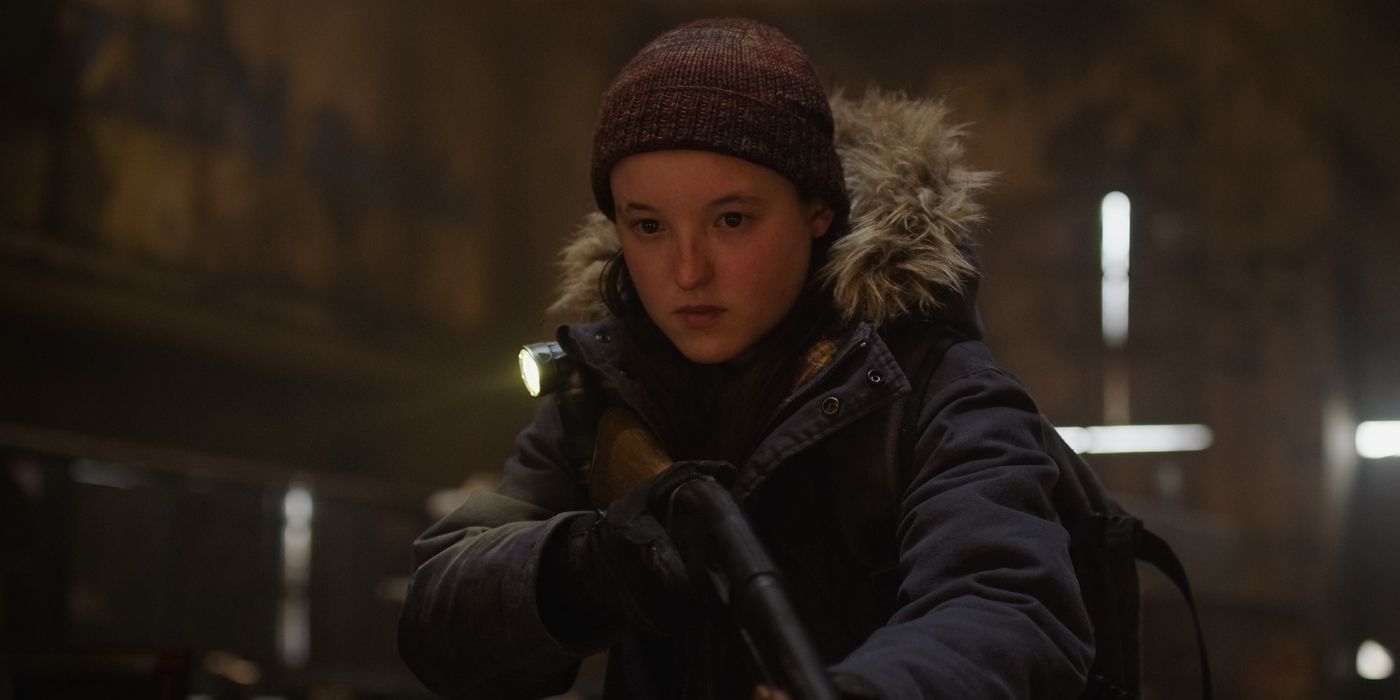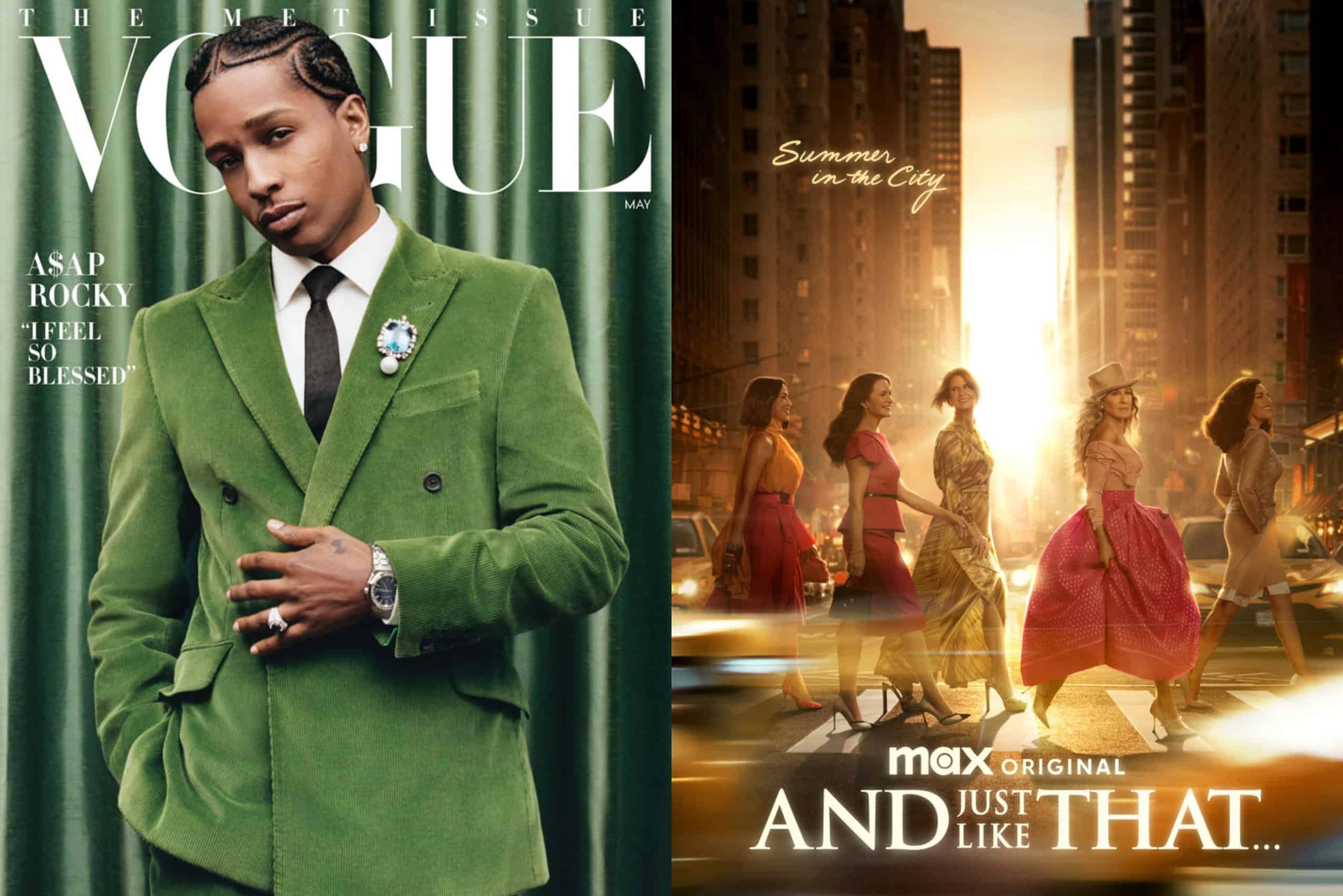The last-minute recasting of “Nitram” as a gun-control movie gives it a semblance of reason for being; otherwise, it is pointless and borderline amoral. There is no rule against making a movie about a mass murderer, and there are films—like Gus Van Sant’s “Elephant,” based on Columbine—that have viewed real-life mass shootings through a disturbing artistic lens. But Kurzel demonstrates no insight into Bryant or even any particular perspective that I could discern. The film is basically an excuse for Caleb Landry Jones, who plays Nitram, to explore different inflections of hangdog weirdness, as Nitram vexes his parents (Judy Davis plays his strict and exasperated mother, Anthony LaPaglia his somewhat warmer father), tries to befriend a surfer (Sean Keenan), and, while going door to door seeking to mow people’s lawns, meets an heiress (Essie Davis) with plenty of money and a lot of pets. He soon becomes Joe Gillis to her Norma Desmond.
Exactly how any of this is supposed to shed light on Bryant’s state of mind, Australia’s gun laws, or on the senseless deaths of 35 people is unclear. The film has no momentum to speak of, and the palette is grimly unvaried. Kurzel also directed a film called “The Snowtown Murders,” based on a real-life string of killings in Australia in the 1990s. With that and “Nitram,” he has carved out a singularly off-putting niche.
Nabil Ayouch’s Moroccan-French co-production “Casablanca Beats” is the most conventionally crowd-pleasing film in competition. Despite the movie’s being set in an area that one character calls Casablanca’s equivalent of the Bronx, the general contours of the film could take place in practically any city on Earth. Working at a cultural center, Anas (Anas Basbousi, playing a character based on his experiences) teaches teenagers the art of rap—not just how to rhyme, but how to feel it. What you need, he says, is attitude.
Predictably, the parents aren’t thrilled that the kids are learning hip-hop at the cultural center, but the teens gradually get into the rhythm of things, rapping about dress customs, religion, and gender in Morocco—details that give the film a distinct flavor, and differentiate it from any number of Hollywood movies about inspirational teachers. Still, I was expecting more electricity from the rap scenes.
Finally, there was “France,” the new film from Bruno Dumont, who made his name with brutish philosophical slogs like “Humanité” but lately seems to be in a more playful mood, with the series “Li’l Quinquin” (probably as close as he’ll come to channeling Jerry Lewis) and a pair of films, “Jeannette: The Childhood of Joan of Arc” (2017) and “Joan of Arc” (2019), that asked the question: What if the Maid of Orléans were a head-banging metalhead?
You can view the original article HERE.

